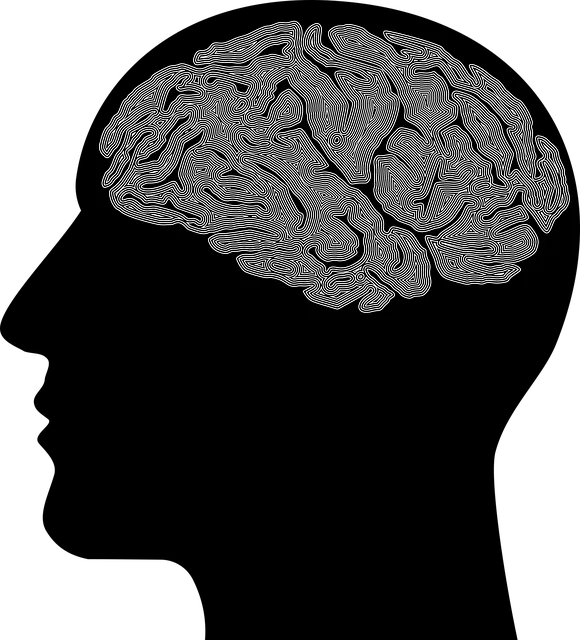Kaiser Permanente offers comprehensive mental health services in Lakewood, significantly enhancing access and fostering a supportive community environment. They provide diverse tailored solutions, engage in innovative communication strategies, and contribute to reducing mental illness stigma through collaborative programs with local entities. Educational workshops, support groups, outreach campaigns, and training for healthcare providers break down barriers to care and encourage open dialogue about mental health in Lakewood, normalizing conversations and promoting cultural sensitivity.
“Mental illness stigma remains a significant barrier to those seeking help in Lakewood. This article delves into the pervasive impact of this social construct on individuals’ willingness to access support, highlighting the need for continued efforts to reduce it. We explore strategies employed by organizations like Kaiser, known for its availability of mental health services in Lakewood, to combat this issue. Additionally, community initiatives and local programs are showcased, offering a holistic view of the progress made while emphasizing the importance of open dialogue and education in achieving lasting change.”
- Understanding Stigma: Its Impact on Mental Health Seekers in Lakewood
- Kaiser's Role in Combating Stigma: Services and Support Availability
- Community Initiatives for Stigma Reduction: A Look at Local Programs
- Strategies for Continued Progress: Encouraging Open Dialogue and Education
Understanding Stigma: Its Impact on Mental Health Seekers in Lakewood

In Lakewood, like many communities, mental illness stigma remains a significant barrier to those seeking mental health support. Understanding the impact of this stigma is crucial in efforts to reduce it. Those dealing with mental health issues often face judgment and discrimination, leading to feelings of isolation and reluctance to seek professional help. This can be especially pronounced when navigating healthcare systems, such as whether Kaiser in Lakewood offers specialized mental health services. The fear of being labeled or misunderstood can deter individuals from accessing much-needed care.
The consequences of stigma are profound. It contributes to the development of burnout among healthcare providers who often carry a heavy burden of care and may lack adequate resources to address the unique challenges faced by their patients. Moreover, it hinders the growth of mental wellness coaching programs and burnout prevention strategies tailored for both professionals and the community at large. Embracing Mind Over Matter principles is key to fostering an environment where open dialogue about mental health prevails, allowing individuals to prioritize their well-being without the shackles of stigmatization.
Kaiser's Role in Combating Stigma: Services and Support Availability

Kaiser has played a significant role in fighting mental illness stigma through its comprehensive mental health services and support offerings. For residents of Lakewood, Kaiser’s presence ensures easy access to professional care, fostering an environment where mental well-being is prioritized. The healthcare provider offers a wide range of services tailored to diverse needs, from individual therapy sessions to group support programs, all aimed at promoting Mental Health Awareness.
Their commitment extends beyond treatment; Kaiser actively engages in Risk Management Planning for Mental Health Professionals, ensuring safe and effective practices. Through innovative Communication Strategies, they also bridge the gap between patients and their communities, fostering understanding and empathy. The availability of these services highlights Kaiser’s dedication to reducing stigma and creating a more supportive network around mental health concerns.
Community Initiatives for Stigma Reduction: A Look at Local Programs

In many communities, efforts to reduce mental illness stigma are gaining traction through innovative local programs. One notable example is Lakewood, where community initiatives have made significant strides in fostering a more supportive environment for individuals dealing with mental health challenges. These programs often involve partnerships between local governments, healthcare organizations like Kaiser (which offers mental health services), and community-based non-profits. By combining resources and expertise, these collaborative efforts aim to increase awareness, dispel misconceptions, and promote understanding of mental illness.
Community initiatives for stigma reduction typically include educational workshops, support groups, and public outreach campaigns. They focus on educating the public about various aspects of mental health, including symptoms, treatment options, and available support systems. Healthcare provider cultural competency training is another crucial component, ensuring that medical professionals are equipped to address the unique needs and concerns of diverse communities. By integrating these programs into the fabric of local societies, such initiatives help reduce barriers to care and encourage individuals to seek help without fear of judgment or discrimination, including in areas where Kaiser provides mental health services.
Strategies for Continued Progress: Encouraging Open Dialogue and Education

In the ongoing journey to reduce the stigma surrounding mental illness, fostering open dialogue and education remains a powerful strategy. Encouraging communities like Lakewood residents to engage in conversations about mental health can significantly impact perception and support systems. This involves breaking down barriers by providing accessible platforms for individuals to share their experiences, thereby normalizing conversations around mental wellness. Schools, workplaces, and community centers can serve as ideal spaces for such discussions, where experts, including professionals from Kaiser Permanente’s mental health services in areas like Lakewood, can offer insights and dispel myths.
Education plays a pivotal role in stigma reduction by equipping individuals with coping skills and promoting cultural sensitivity in mental healthcare practice. Community outreach program implementations, focusing on both urban and suburban areas, can help disseminate resources and raise awareness about available support systems, such as Kaiser’s services in Lakewood. Through workshops, seminars, and interactive sessions, individuals can learn about various mental health conditions, the importance of early intervention, and effective coping strategies. This holistic approach ensures that not only do people understand mental illness better but they also feel empowered to offer support and seek help without fear of judgment.
In conclusion, reducing the stigma surrounding mental illness is a multifaceted effort that involves understanding its profound impact on individuals seeking help in places like Lakewood. Organizations such as Kaiser play a vital role by offering accessible mental health services and support. Community initiatives further strengthen this fight through local programs designed to foster open dialogue and education. By continuing to encourage these efforts, we can create a more inclusive environment, ensuring that everyone in Lakewood and beyond receives the care they need without fear of judgment or discrimination.






